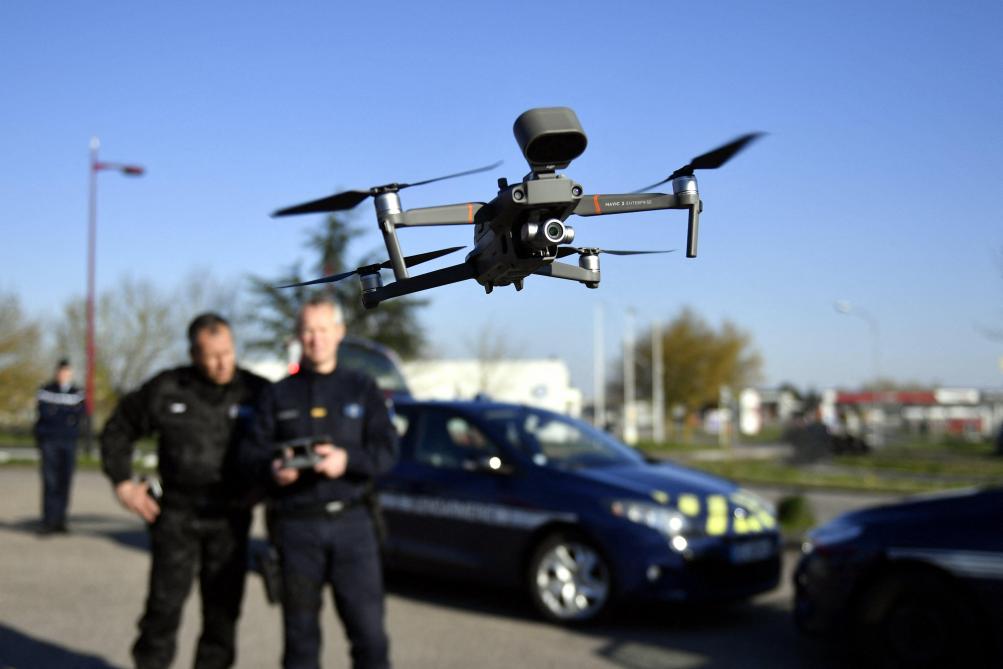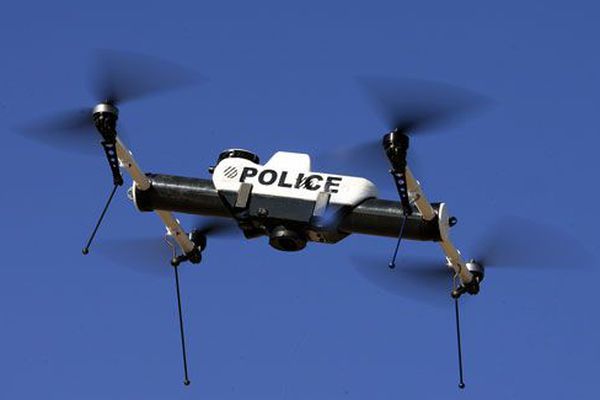
The security law: these points that annoy
Recently proposed, Article 24 of the Security Act, if passed, will allow the use of drones during public events.
This situation is not to the taste of civil liberties advocates who are calling for a demonstration next weekend.
This point of the security law has always angered the authorities yet seem to want to do so. "Until there is a real withdrawal of Articles 21, 22, 24 and the national law enforcement scheme, actions will multiply," the opposition group warned on Wednesday.
This article will also interest you: Security cameras: protecting yourself effectively from cyberattacks?
Carried by MPs Alice Thourot and Jean-Michel Fauvergue of the LREM, the text has already been adopted at first reading by the National Assembly. The Senate stage may be expected to be completed in early 2021.
With regard to Article 24 of the Law, it is mainly aimed at avoiding the abuse of freedom of the press and freedom of expression by prohibiting and punishing the malicious dissemination of images of law enforcement. For defenders, public freedom this law is likely to restrict the freedoms mentioned above. Even though the president of the parliamentary group LREM Christophe Castaner, had announced the rewriting of this text. Only for this text and not for others.
In the event of a vote by the senate of these proposed texts, the police now make use of drones that until then had been used only in military conditions and for civil security. Among the reasons that legitimize this proposal, it has been put forward, the security of the demonstrations. "When circumstances raise fears of serious disturbances to public order, the prevention of acts of terrorism or the finding of offences and the prosecution of their perpetrators. ».
This expansion of the use of drones during civil demonstrations has raised fears of abuses at the National Advisory Commission on Human Rights. The institution considers that these provisions "are very numerous and moreover formulated in sometimes very vague terms". It therefore warns: "Smart cameras that could equip drones in the future would be able to analyze and interpret the images they capture, for example detecting behaviours considered suspicious."
Going back in time, we can recall that during last May, it was ordered by the Council of State, as part of the deconfinement, not to use drone-type aircraft. At the same time, the National Commission for Information Technology and Freedoms had itself initiated an investigation to study the situation. "There was an unregulated use of drones and the only people who have the authority to set a framework are parliamentarians. The law must take hold of it," noted Jean-Michel Fauvergue, former boss of the Raid. The elected official tries to reassure by saying that his priority is "made to ensure that freedoms are protected".
In addition, there are provisions in the legislation. The first is to expressly inform the public who will be affected by drone surveillance under certain conditions, of course, except "when circumstances prohibit it or if this information contradicts the objectives pursued." As long as no administrative disciplinary proceedings are opened at the courts, the images captured by the drones will be kept for exactly 30 days. Then they'll be erased. The second provision will prohibit the interior of the buildings and their entrances from being filmed.

"Whenever there are exceptional situations, we take measures that are deemed to be exceptional, and then they are enshrined in the common law. And day by day, the space of individual freedom is shrinking. Now, here are drones. Jean-Luc Mélenchon posted on his Twitter account.
On the side of associations and some elected officials, the fear of being monitored is pervasive. "It would be impossible to implement. We are sold drones as a means of policing, but it is a gimmick," explains Bastien Le Querrec, a member of the Quadrature du Net association and a doctoral student in public law at the University of Grenoble-Alpes. "It is not technology that solves problems during demonstrations," he said.
In article 21, the law should allow the use of pedestrian cameras to almost all police officers and gendarmes.
"When you're filming a event or football star in a private place or in public, you can view your images. As soon as a police officer or gendarme comes out, he is filmed. He must be able to do that too," explains Jean-Michel Fauvergue. In addition, images captured by law enforcement may be used as part of "public information about the circumstances of the intervention."
Now access an unlimited number of passwords!